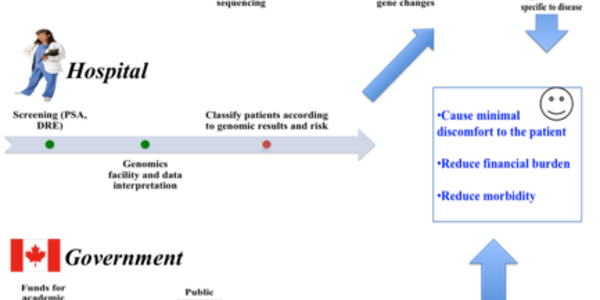Canada's Delusional Multi-Million Dollar Investments To Cover Costs Of Personalized Cancer Drugs
Ottawa, Ontario (January 2012)- With the successful implementation of personalized cancer medicine in France, Canada is now following suit with a $67.5 million investment to support personalized medicine. According to the CIHR press release, Harper's investment appears to be geared towards developing personalized medicine not only for cancer, but also for a wide range of diseases including cardiovascular diseases, neurodegenerative diseases, psychiatric disorder, diabetes, obestiy, arthritis, pain and Alzheimer's disease. By using molecular profiling to match patients with the…

